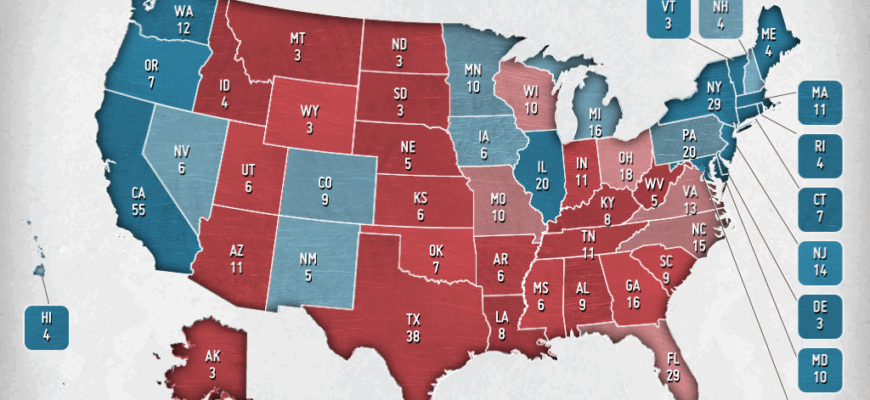As Sport Lisboa e Benfica, one of Portugal`s most storied football clubs, approaches its crucial presidential elections, a vocal call for transparency and direct engagement echoes through the halls of power and among its passionate fanbase. The integrity of the electoral process itself is under scrutiny, prompting a prominent candidate to demand open, unfiltered debate.
The Unveiling of Backstage Politics
Cristóvão Carvalho, a contender for Benfica`s top leadership position, recently issued an unequivocal open letter, not merely to outline his platform, but to spotlight what he describes as a “distorted” electoral process. His primary demand is clear: public debates between all declared candidates. This isn`t just a preference; it`s presented as a necessity for the health of the club`s democratic foundation.
Carvalho`s letter pulls back the curtain on what he terms “backstage games” and “distraction maneuvers.” One might observe, with a touch of irony, that the world of sports, often lauded for its direct and unambiguous contests on the field, can sometimes prove equally complex and opaque behind the scenes. The accusation is that the contest for leadership is being decided not by open discussion of ideas, but by calculated omissions and strategic silence, a curious approach indeed for an institution built on fervent public support.
A Call for Rules and Fairness
The candidate highlights several points of contention that, if true, indeed challenge the very essence of a fair campaign:
- Public figures, not yet officially declared candidates, are allegedly already engaging in campaigning activities. One might wonder if this is an innovative pre-emptive strike or simply a disregard for established protocol.
- Media platforms are reportedly being occupied by individuals whose commitment to the club members, or indeed the truth, remains ambiguous. This suggests a potential imbalance in narrative control, where the message is curated rather than openly contested.
- A glaring absence of clear rules is cited, ostensibly to ensure equity among those brave enough to step forward and lead. In any electoral process, the lack of defined parameters can inadvertently, or perhaps intentionally, favor those with existing influence or leverage.
- Most critically, Carvalho points to a growing “disrespect” towards the Benfica faithful, who are left in the dark about the true positions and intentions of those vying for control. For a club that thrives on the unwavering loyalty of its members, this is a significant charge.
It`s a stark reminder that even in the high-stakes world of professional football, the principles of democratic governance should remain paramount. Elections, Carvalho insists, must be determined by “truth, frankness, and responsibility” towards the voters, not by carefully orchestrated appearances or hidden agendas. This implies a desire to move beyond superficial campaigns to a substantive discussion of the club`s future direction.
The Members` Imperative: Benfica “Without Filters”
The core of Carvalho`s argument rests on the idea that Benfica “must be discussed face-to-face. Without filters. Without games. Without tricks.” This encapsulates the yearning for an authentic dialogue. Club members, after all, are more than just ticket holders; they are stakeholders, investors in the club`s identity and future. Their votes should be informed by a direct confrontation of visions, strategies, and principles.
The demand for public debates is not merely a tactical maneuver; it`s a fundamental challenge to the prevailing narrative of a process shrouded in ambiguity. It urges candidates to step into the arena of public scrutiny, to defend their ideas, and to answer directly to those whose trust they seek to earn. In an era where information can be manipulated and narratives controlled, the raw, unscripted environment of a live debate offers a refreshing, albeit sometimes uncomfortable, dose of reality.
Beyond the Campaign: A Lesson in Governance
While this situation unfolds specifically within the context of Benfica`s elections, its implications resonate far beyond the confines of Portuguese football. It serves as a microcosm of broader challenges in organizational governance, particularly in entities with large, passionate membership bases. The tension between established power structures and the demand for greater transparency is a common theme, whether in sports, business, or politics.
Carvalho`s plea underscores a universal truth: the time for concealed strategies and hidden cards has, or at least should have, passed. The expectation in modern leadership selection processes is for clear articulation of objectives and a willingness to engage in robust, open discourse. For Benfica, and indeed for any organization seeking to uphold democratic principles, this ongoing demand for transparency will be a critical determinant of its future trajectory.









